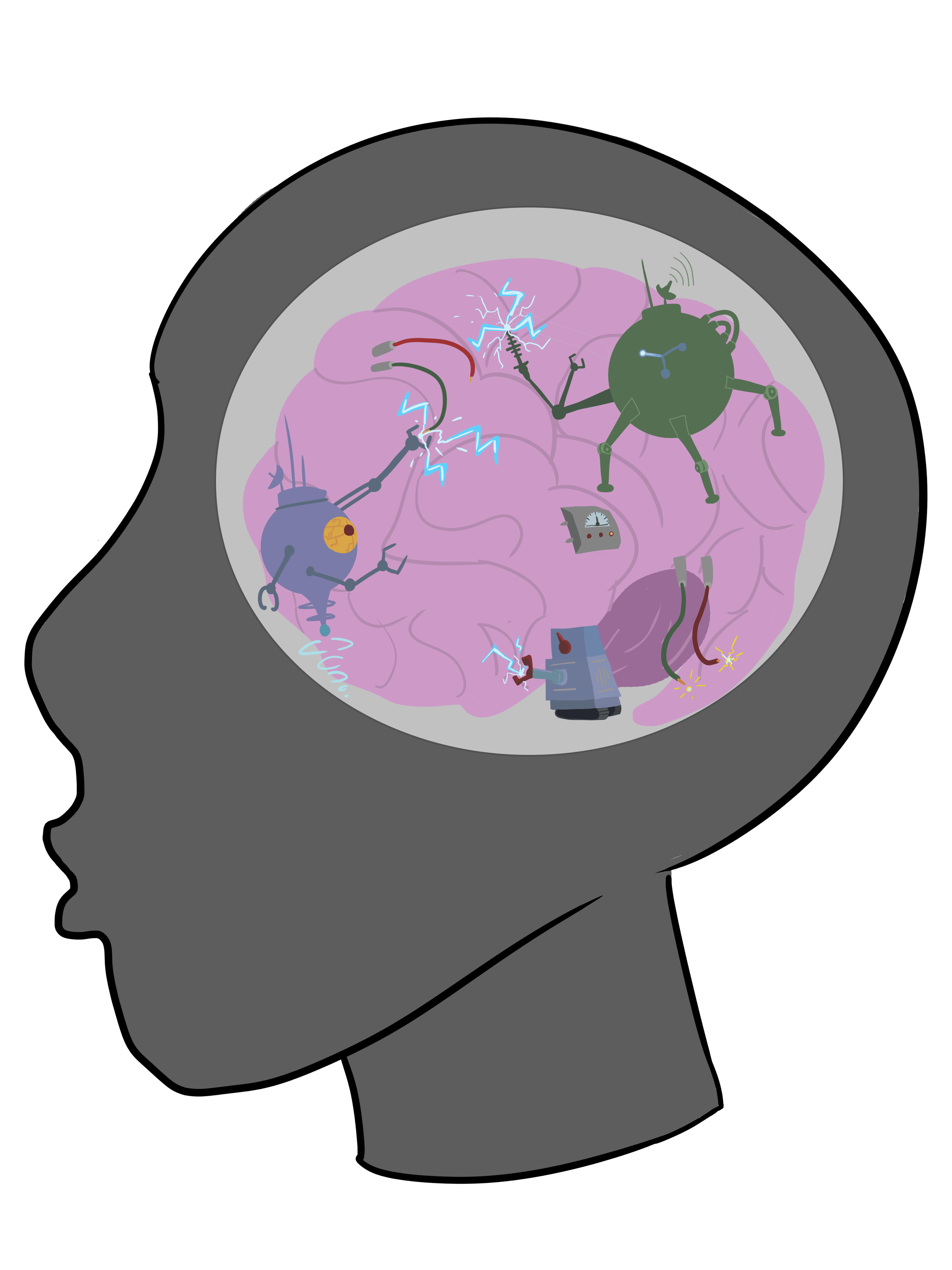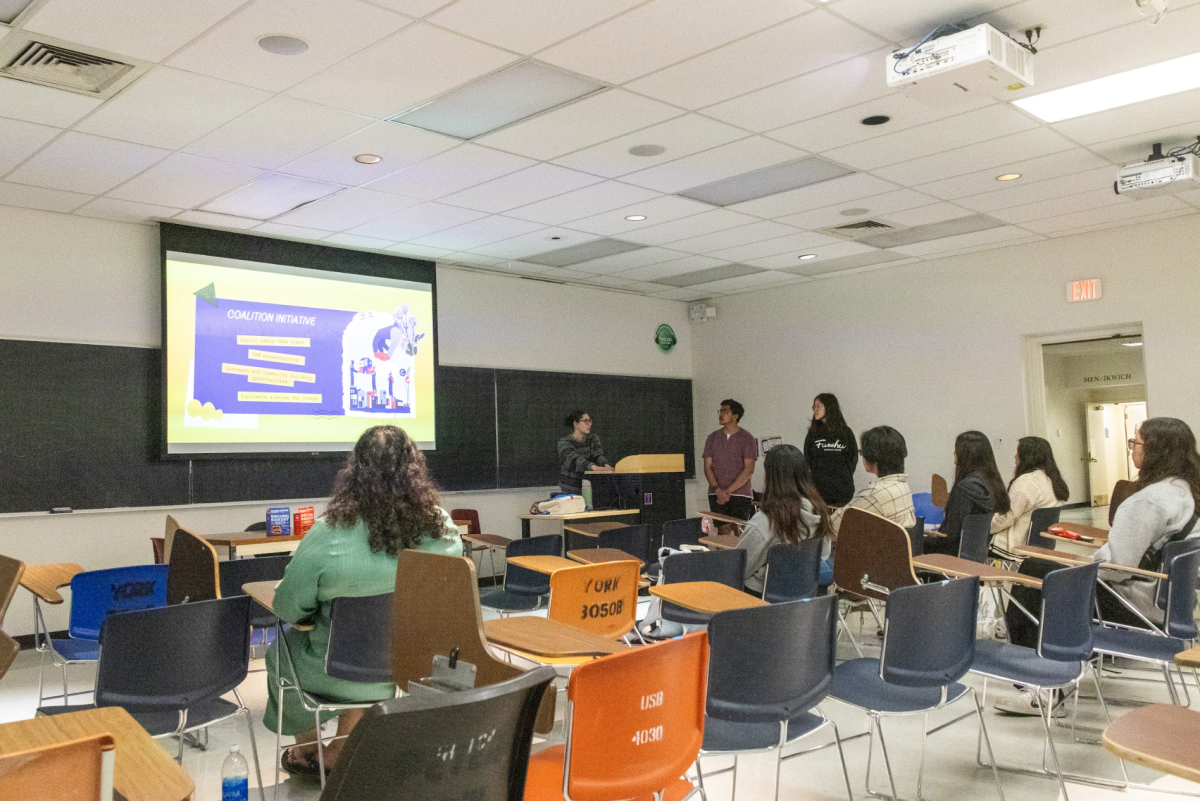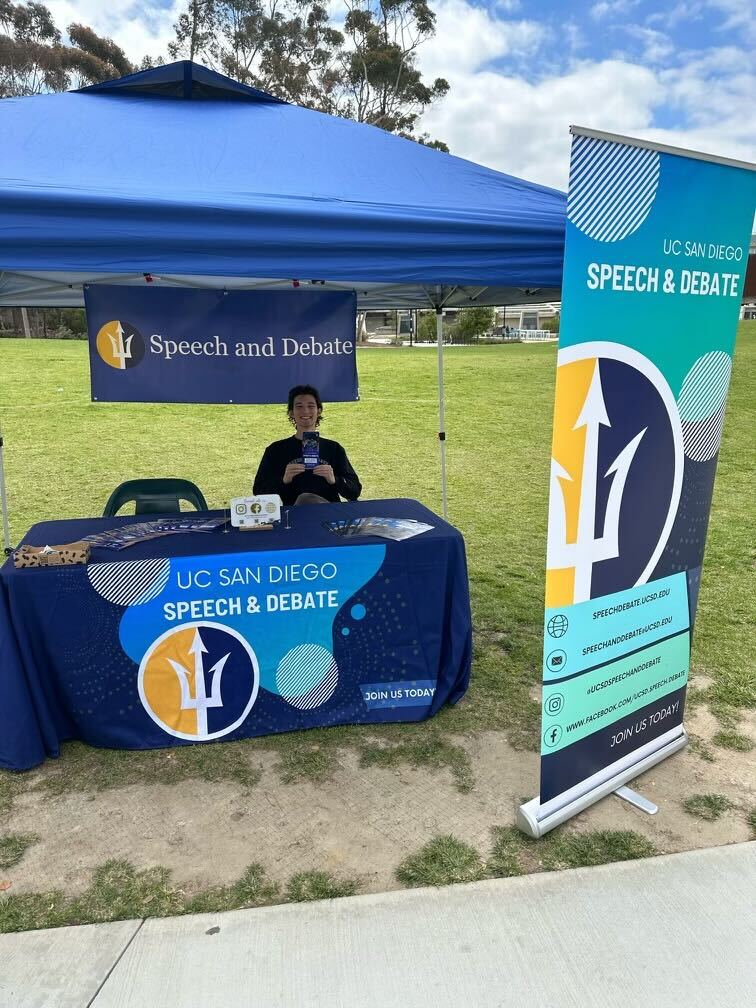Cognitive Science at UCSD is a rapidly growing major, with real world applications blooming every day. But is it as useful as other traditionally STEM degrees?
UC San Diego has always been well known for its science, technology, engineering, and math majors; the biological sciences and engineering majors, in particular, have always had high enrollment. In the last few years, increasing numbers of students are opting to pursue degrees in cognitive science. Cognitive science is the study of cognition from many different angles. It involves some neuroscience, biology, computer science and even some linguistics, anthropology and sociology. Cognitive science essentially tries to answer what cognition is, what subconsciousness is and what context it can be used in. However, many students and even some professors often downgrade the subject to be a second-choice for students who couldn’t get into impacted majors, or just found courses like organic chemistry too difficult.
Either way, if students want to study cognitive science at any university, UCSD is the right place. In fact, it is the birthplace of cognitive science. “[UCSD’s is] the first Cognitive Science department in the world,” Katy Schoeneweis, an undergraduate advisor for the major, told the UCSD Guardian. “The Cognitive Science faculty held the first conference in 1979 and it eventually became a department.” UCSD also ranks among the top three universities and boasts a variety of accomplished professors.
“Don Norman started — he’s a very, very famous professor — the CogSci department here. He was Vice President of the Advanced Technology Group at Apple, and he founded the design lab at UCSD,” said John Muir College senior Dev Sharma, a cognitive science major specializing in machine learning and neural networks. “Scott Klemmer [teaches] design. One of his graduate students [at Stanford] made Instagram! We have very competent professors.”
A lot of research in the field also stems from UCSD, and prestigious conferences are held with many professors coming to share their findings. The Cognitive Science Student Association is especially crucial in connecting students with useful resources. Sharma, who is the Logistics Chair of CSSA at UCSD, is mainly in charge of planning events, inviting people, securing funding and working with the organization’s president to get everything done.
“We have some multiple yearly events which are pretty successful. The biggest event we have is the conference — the National Cognitive Science conference — which invites speakers from different parts of America to speak on a theme which we decide,” said Sharma. “Last year was Cognitive Revolution 2.0, which focused on neuroscience and machine learning. We invited speakers from IBM and other universities, and around 320 students showed up. The Cog sci department is pretty involved in it.”
Read More:
It’s Not Just for STEM Majors: UCSD’s First Arts and Humanities Career Fair
TRITON FUNDS: Creating the Pipeline to Finance
A Guide to Voting in the 2018 General Election
During the conference, there are workshops for particular specializations and a dedicated lab open house, where all the cognitive science labs in the UCSD system present their work to the students. “The CSSA also hosts GBMs at which we try to inform people about the job opportunities and make connections with the faculty here,” Sharma said.
Artificial intelligence, which is a big part of the machine learning specialization, is clearly a rapidly growing field. For students who opt for other specializations, the benefits may not be as obvious.
“Each specialization has a different purpose. Like as a Machine Learning major, I still have to do neuroscience, I still have to do psychology, I still have to do perception, vision, things like that,” Sharma said. “So they make us learn how the brain works, and in this specialization, we have to try to emulate that in machine learning. A different specialization like neuroscience would take the hard bio part of it, like the actual neuron connections, and combine it with psychology and stuff and try to make a bigger picture: how are these connections working together to make certain kinds of behaviors.”
Schoeneweis believes the interdisciplinary nature of the major is its biggest asset, and therefore opens up multiple pathways for students after graduation. Although the department doesn’t keep data on employment rates, the opportunities are endless.
“It’s so open-ended. That’s what’s so cool about Cog Sci is it’s very broad. You can really apply it to any industry that u want to,” said Schoeneweis. “A lot of our students are really interested in grad school, we have students interested in speech and language, things like that. Our most popular major right now is design and interaction, and we incorporate that with the data science institute.”
Many students are interested in industry as well and are going into user interface design, user testing or even video game design. “It’s the whole scope of things that relate to cognition,” Schoeneweis said.
Regardless of these prospects, it’s undeniable that majors such as computer science or biology seem to be harder and are many students’ initial choices during their freshman or sophomore years.
“Definitely some people are concerned about time until graduation, and Cog Sci has fewer classes compared to some STEM majors that have a lot of engineering or bio classes. We don’t have too many classes as we are like other social science majors in that regard,” said Schoeneweis.
Often, other students find that switching to cognitive science is either an indication of failure or another way to pursue something their GPA didn’t allow. Even some professors see a clear difference in students who take computer science classes as an engineering major versus as a cognitive science major.
“Yeah, and I hear that all the time,” said Schoeneweis. “There are students who are trying to get into computer science who declare our major. I think that’s totally fine, we’re happy to take the students who, you know, are interested in CS and looking for a different way to apply it. I think most of our students who do design and interaction or machine learning get a minor in CS so you can still get the technical skills. But a huge benefit of studying CS through the legs of cog sci is that it’s very applied to the way people think and the way that technology is going to work in reality, and the way humans are going to interact with it. Whereas if you just study computer science, you’re going to learn a lot of technical things, and some applications, but its very broad.”
Schoeneweis believes students can take the knowledge learned from multiple fields to apply toward their careers. “In Cog Sci it’s very specific and applied; the classes are very studio-based, hands-on, project-based classes. And also there’s a lot of ways to learn CS outside the classroom at this specific point of time: a lot of students are picking up programming languages and skills for coding online, and then applying them in projects and internships and things like that.”
Although both fields have their benefits, as Sharma explains, there are pros and cons to both, which exemplifies the worth that cognitive science has on its own.
“I think most of the people who take cognitive science because computer science is impacted would generally drop out, because we don’t have that many CS classes. If that’s what their purpose is. It’s a very different major from CS. People think its an alternative to CS, but it really isn’t,” said Sharma.
“What I learned that I wouldn’t have — I learned about how the brain works. What my major offers is a background. With just CS, you know the mathematics of it. But you never really know like … like when you’re trying to emulate a neuron. What Cog Sci does is it actually gives you a context of a biological perspective, so you’ll create a better one.”
A high point of the major right now is its availability — for now at least, the department has no plans to make cognitive science impacted.
“We’re going do everything we can to keep it from being capped, and the faculty and staff definitely want to include as many students as we can,” said Schoeneweis. “It’s complicated — there are a lot of things to consider: interests of faculty, interests of students. It would be great if we could offer more classes, fit more students, get more students off the waitlist. We do try to get more professors, [but] the process is so much longer than many people realize. I think we’re doing the best we can; it’s a rapidly growing field, so I think we’re taking the steps we want to take.”
However, Sharma thinks that UCSD could make more of an effort to really show new students what the major is about so that their decision to pursue it is more informed and with the right intentions.
“I don’t think [it should get impacted]. Until the department has enough seats, has enough funding. We like to see our community grow, we don’t really have a problem like that, but like obviously at some point if the major gets oversaturated there will have to be a cut off,” he said. “During the orientation they don’t really tell you about what the departments you’re interested in do. So when I came in as a freshman, I didn’t really have an idea of what cognitive science was. Advisors help, but taking a Cog Sci class or seminar helps the best. [You’ll] have more options, more of an idea of what you’re going to step into. That solves the problem of over-filling, [rather than] if they’re taking something because they’re just forced into it.”
Art by David Juarez.








